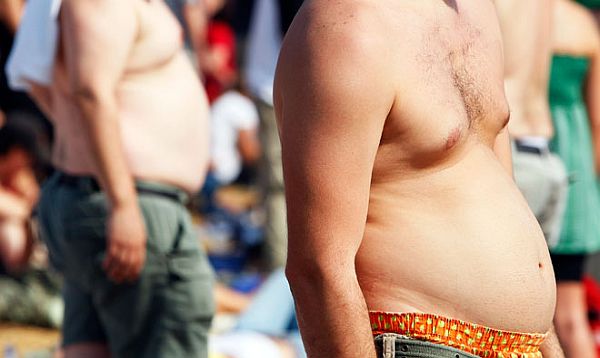The New Year got off to a rocky start for global manufacturers of sugar-sweetened beverages. On January 1, 2014, a new law took effect in Mexico that places an 8 percent tax on calorie-dense junk foods and levies a one-peso-per-liter tax on sugary soft drinks. Some experts believe the taxes could reduce soft drink consumption in Mexico by as much as 5 percent.
The new law took effect amid Mexico’s ongoing battle with obesity. Mexico and the US are in a virtual dead heat as the world’s most obese countries; Mexico narrowly edged out the US as the fattest country in 2013, according to the UN’s Food and Agriculture Organization. Perhaps not-so-coincidentally, the US and Mexico are first and second, respectively, in terms of global per-capita consumption of soft drinks.
Local and state lawmakers in the US are expected to pay close attention to Mexico’s new law. If it starts to show results in reducing soft drink consumption and obesity, US policymakers are likely to pursue similar laws.
More than 30 US states and cities have tried and failed, through ballot initiatives, to impose soft drink taxes. But global momentum is building on the side of public health advocates and policymakers aiming to curb the rising tide of worldwide obesity. Proposals to tax sugar-sweetened beverages are currently being considered in San Francisco, Berkeley, and in the Illinois state house.
Health researchers in India recently called for a 20 percent tax on sugar-sweetened beverages in that country. According to some reports, in large cities like Mumbai and Delhi, up to 70 percent of Indians are overweight or obese.
Moves like the ones in Mexico and India should be of no small concern to soft drink makers like Coca-Cola and PepsiCo. Expansion into emerging markets is the key to growth amid stagnant sales at home. Nonalcoholic beverage makers have been searching for the "El Dorado" of low- or zero-calorie sweeteners for decades. The ultimate discovery would be a sweetener that is comparable in taste to sugar, all-natural, has no weird aftertaste, is chemically stable in terms of heat and cold tolerance, and has either few or no calories. After scouring the globe from the rare plants growing on rocky slopes in South Africa to monk fruit in China, results have been mixed at best. A recent article in The New York Times suggests the search for the perfect, all-natural sweetener may be a pipe dream.
While toiling away at decoding the diet soda matrix, the soft drink industry claims taxes are a simplistic approach to the obesity problem and would lead to job losses. But if Mexico starts to see results from its new law and other countries, or even cities, follow suit, the product landscape in the nonalcoholic beverage industry is likely to face significant change. What will that change look like? Stay tuned to find out!
Original Story


